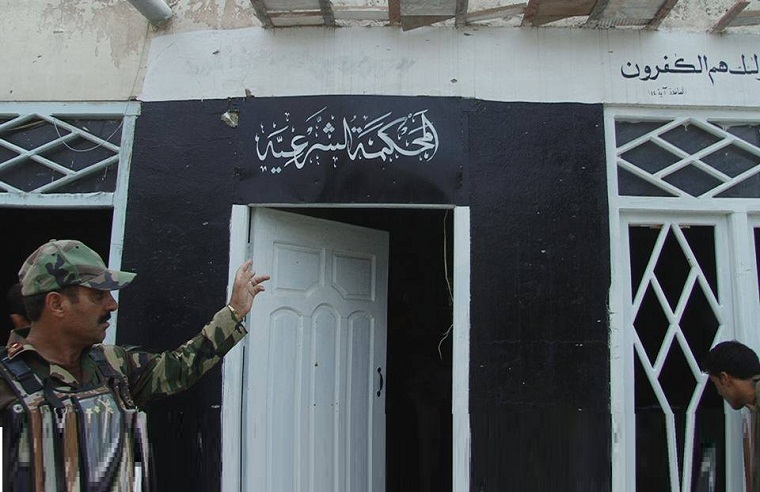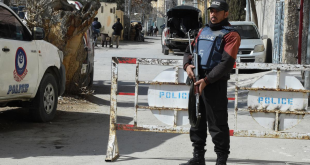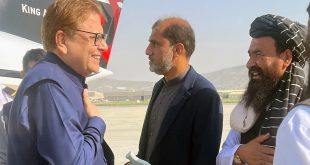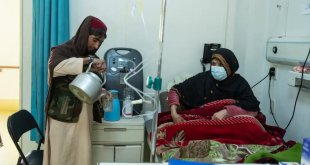All those who keep finger on the pulse of Afghanistan’s security situation know that militancy and terrorism are at boiling point. The United States dropped forces with the objective to get rid of al-Qaeda and other deadly militant groups who deprived Afghan people for their basic human rights. Despite one and a half decade there is no paradigm shift in favor of Afghans. Problems of the war-troubled nation multiplied in the past fifteen years, especially after the security transition from the international forces to Afghan security forces. There are many critics who tried to tarnish image of the Afghan armed forces. Manipulation of information and distortion of facts serve only one purpose—to show your rival weak and incompetent to save your own image. However, the security affairs pundit forgot that the US was fighting against al-Qaeda, the Taliban, and Haqqani Network—poorly equipped and trained organizations. The multi-million dollars fighter jets and well-equipped ground forces of the NATO member states failed to eliminate the designated terrorist groups. Their objective has not been achieved so far. The war against terrorism has not been defined till date by the US and its NATO allies despite increase in casualties of Afghan civilians. Propagandists are good at turning public attention from the ground realities and fundamental questions.
The core question still remains unanswered—the number of terrorists grown or decreased. After shouldering security responsibilities despite little resources and lack of modern military hardware, Afghan security forces had to face not only al-Qaeda, the Taliban, and Haqqani Network but also Daesh, Islamic Movement of Uzbekistan, Pakistani and Chinese militants. Notorious Daesh has emerged on the scene in the country in presence of the foreign troops—raising many eyebrows. Currently, Afghan security forces are fighting more terrorist organizations than what the US-led NATO forces fought in the country. As far as the drone attacks are concerned, from security perspective these attacks had not ushered in era of stability. Afghan government has rolled up its sleeves to complete the job that was left unfinished by the coalition forces. The Taliban are facing humiliating defeat in the battlefield and had lost the ability to launch major attacks and capture provinces or major cities. There were some setbacks, but Afghan forces are at the vantage ground. Likewise, backbone of Daesh has been broken.
On Tuesday, security officials confirmed death of a key Daesh leader, Saad Emarati. He was main player who established the group in Afghanistan. His death is a major blow for the terrorist organization which is still undefeated in the Middle East. The recently launched military operation against Daesh in Kot district of Nangarhar is a success story of Afghan security forces.
However, when the most brutal terrorist group is facing defeat in Afghanistan, the United States and its European as well as Asian allies should support Kabul in the rebuilding process. First, they should rebuild Afghan security forces on modern lines. Second, they should provide political and diplomatic support aimed at strengthening Afghan economy. Free trade agreements and concessions will surely boost the Afghan economy.
 Afghanistan Times
Afghanistan Times




